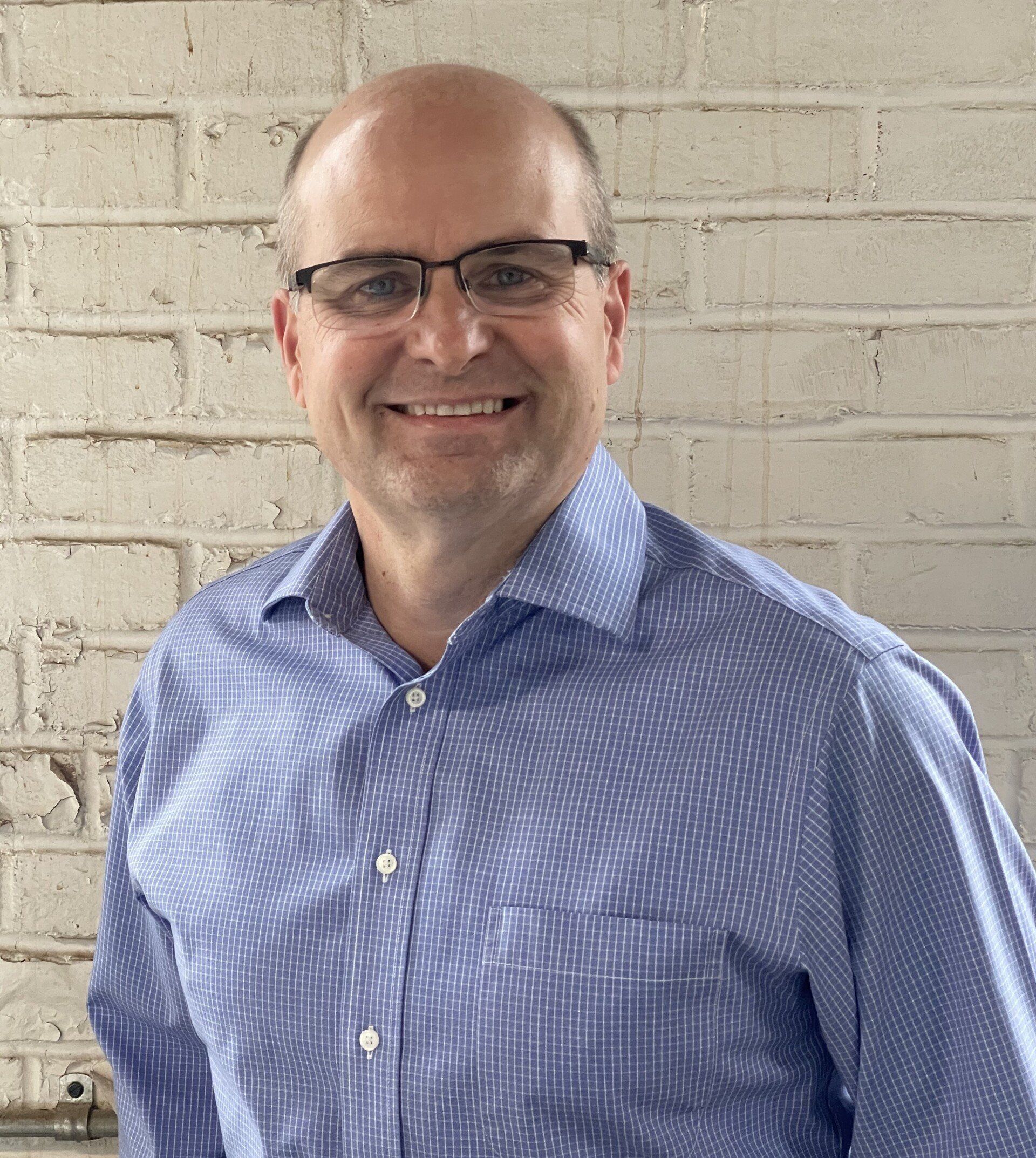Learn more about my book "The Courageous Ask"
Maintaining Your True Identity in Your Leadership Role
Being genuine and true
to those who can influence and support our nonprofits is always the best route to success. While this may not always bring success to a goal we may have for our organization, we will always walk away in the confidence that we did our best and were true to who the organization is, and true to who we are.
This is Part Two of a blog article I wrote last week. Last week I wrote about how difficult it is for individuals to be themselves in their role as nonprofit executive. I wrote about those times leaders find themselves sacrificing their personal identity in the interest of what they perceive to be the advancement of the organization’s mission.
Many times the sacrificing of true self shows right through to the wise recipient of the façade we create in order to be more appealing to that influencer or donor. But it always breeds insecurity in the leader, which damages the leader’s effectiveness in achieving the desired outcome.
While nowhere close to exhaustive, this week’s article gives some tips on maintaining true self in the face of pressures to form an alternate identity, a difficulty very familiar to nonprofit executives.
Leaders being themselves, and the people around them helping them to do so, is a common theme throughout all of my blog articles, so feel free to take a further look at the previous
52 articles.
(This blog focuses on starting a conversation centered on preventing the fall of nonprofit leaders. I write it from a Christian perspective, but all leaders will benefit. Be sure to sign up to receive these articles via email every Tuesday at
briankreeger.com as well as taking a look at previous blog articles. In addition to receiving these articles two days before they hit social media, you will receive the article "5 Early Indicators of a Christian Nonprofit Leadership Fall" along with the Contents, Introduction and the Appendix (My story) of my book,
The Courageous Ask: A Proactive Approach to Prevent the Fall of Christian Nonprofit Leaders.)
“You are you. Now isn’t that pleasant?” That’s a quote from the great philosopher Dr. Seuss.
But who are you? This is one of the great questions we all must answer in our lives.
Identifying who we are, to the best of our ability, is a key starting point for executive leadership. And not just who we are as it relates to our position within our organization. We must examine who we are in all areas of life. This will require us to Courageously Ask difficult questions.
Those areas may include our view of self (especially in light of our spiritual view), our view of God, our thoughts on being a spouse and parent, our feelings on things like pride, and our virtues. You may want to consider things like political views and your view on social issues.
And yes, who you are as a leader and what got you there should be included. You may even want to include some attributes that you are striving for.
Who are you?
I strongly encourage
anyone who has not done this before, especially executive newbies, to write down this analysis of who you are. If you do this right, it will take a few days. Anyone who tries to do this in a 10-minute sitting is not doing this assignment justice. Plus, over a few days, you most likely will think of things that you should have included but overlooked.
You are doing this for yourself, so it should be as thorough as possible and include the good, the bad, and the ugly. And if you really want to kick it up a notch, ask your spouse or someone close to you to complete the assignment in regard to you. Compare the lists, but be sure to bring your humility hat.
Put this list in a safe place, or better yet, give it to someone you value who you can trust to hold onto it. The list can even be in a sealed envelope.
Doing this exercise, especially writing it down, will give you a place to return to when you may have swayed off course based on the pressures of your position and your own weakness.
Rosabeth Moss Kanter, Harvard Business School professor and leadership expert says, “When you fail at something, the best thing to do is think back to your successes, and try to replicate whatever you did to make them happen.” This definitely applies to the identification of changes that took place in who you are.
Having something in writing may give us a sober reminder of who we were at a particular point in our lives as we see ourselves falling into a delusion that could be currently besetting us.
I have been doing this exercise for years and have always found that when you have a thoughtfully created baseline to pull out in a time of despair and difficulty, it gives you a jolt. This jolt can motivate you back toward that description of who you truly are. A reset.
Also, many times when people see themselves slipping (or are even way beyond that), they question who they are. I looked in the mirror many times after my fall uttering the words, “Who are you?” This exercise will definitely help with that.
The leaders I spoke with who found they were able to be themselves—who were most in tune with who they are—most naturally fit into their role of leadership. I consider this group to be among the most successful I interviewed. This comfort was often driven by two things:
- Their diligent reflection on, and their accurate identification of, who God made them to be. (Although it is mainly geared toward the second half of life, I very successfully used the book Game Plan by Bob Buford to identify who God uniquely prepared and designed me to be.)
2. Their ability to make their public/organizational persona consistent
with their identity in their private life. As they do this, it allows them
to be free of the games we play as we switch who we are
depending on the role we are in.
The two points above shift us to integrity and courage, don’t they? We must identify who we honestly are, so that, with integrity, we can hold true to our own self-assessment and have the courage to determine that all of the roles in our lives are going to be consistent with who we are, no matter the cost.
We like to take shortcuts, but this self-assessment is one area where an executive should not take a shortcut. Not analyzing and acting on the two points above is bound to breed misplaced confidence and create insecurity. This will likely result in a lack of confidence and boldness as the executive works to ensure the advancement and success of the organization.
Being yourself in the face of pressure not to be....that is the key.
So yes, you are certainly you. And that is pleasant!
Be Courageous!
Be Proactive!
Thomas Saporito, “It’s Time to Acknowledge CEO Loneliness,” Harvard Business Review, February 15, 2012, https://hbr.org/2012/02/its-time-to-acknowledge-ceo-lo#:~:text=Nearly%2070%20percent%20of%20first.
Be sure to sign up to receive these articles via email every Tuesday at
briankreeger.com. In addition to receiving these articles two days before they hit social media, you will receive the article "5 Early Indicators of a Christian Nonprofit Leadership Fall" along with the Contents, Introduction and the Appendix (My Story) of my book,
The Courageous Ask: A Proactive Approach to Prevent the Fall of Christian Nonprofit Leaders.
#LeadershipFall #LeadershipSurvival #NonprofitRelationships #ProactiveApproach #LeadershipStruggles #LeadershipBattles #ChristianExecutiveLeader #ChristianLeader #CourageousAsk #Proactive #ProactiveLeadership #NonprofitLeadership #ExecutiveLeadership #ChristianLeadershipFall #LossOfIdentity #BeingYourself






